This safer, non-surgical treatment for diabetic limb ischemia could help patients with severe blood flow complications.
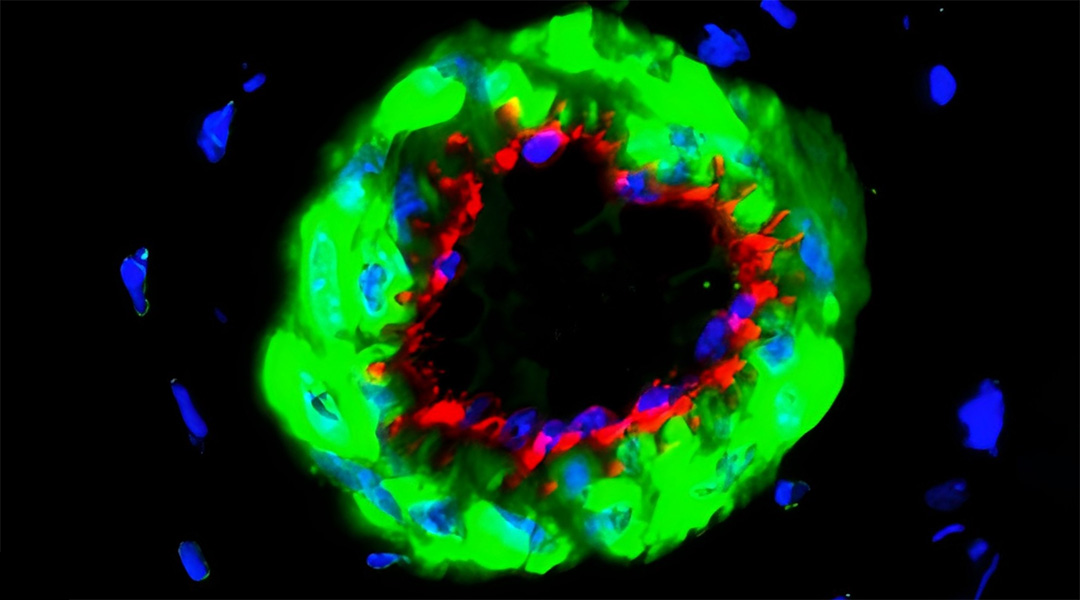

This safer, non-surgical treatment for diabetic limb ischemia could help patients with severe blood flow complications.
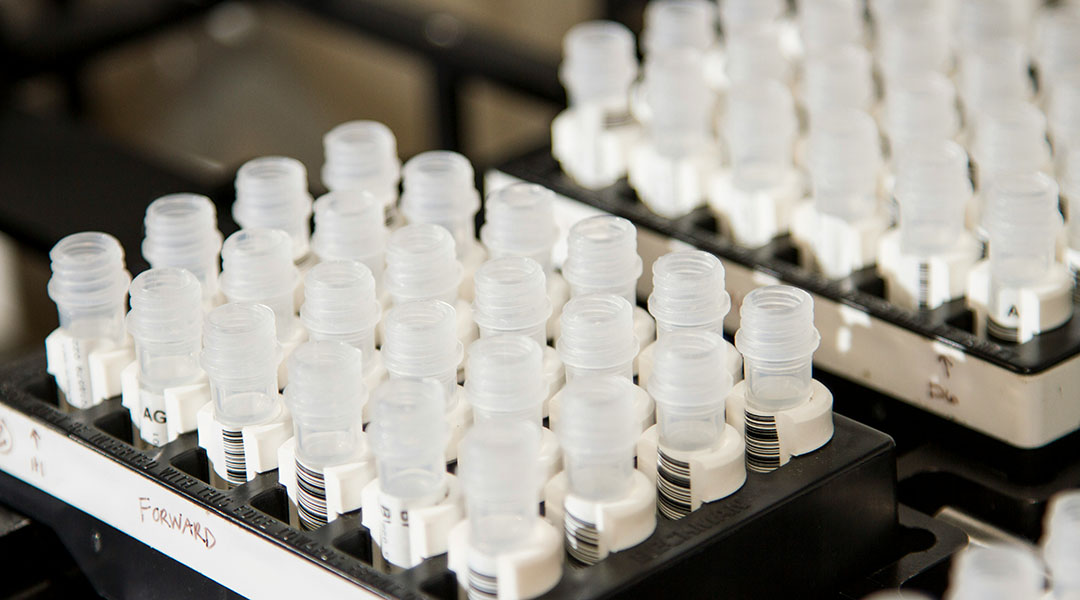
Scientists develop new drug delivery system that targets tumors then exists the body using “switchable” chemistry.
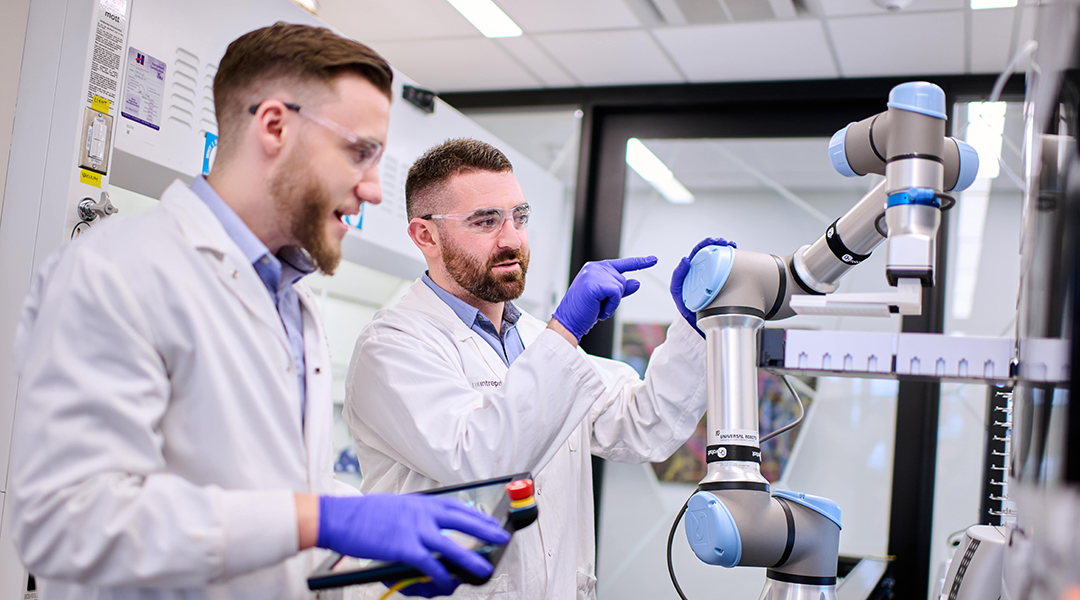
Scientists are speeding up drug formulation to breath new life into old medications and reduce risk of clinical trial failure.

Injected arthritic drugs often get stuck in the sticky synovial fluid found between the joints, but tiny nanomotors may help liberate them.
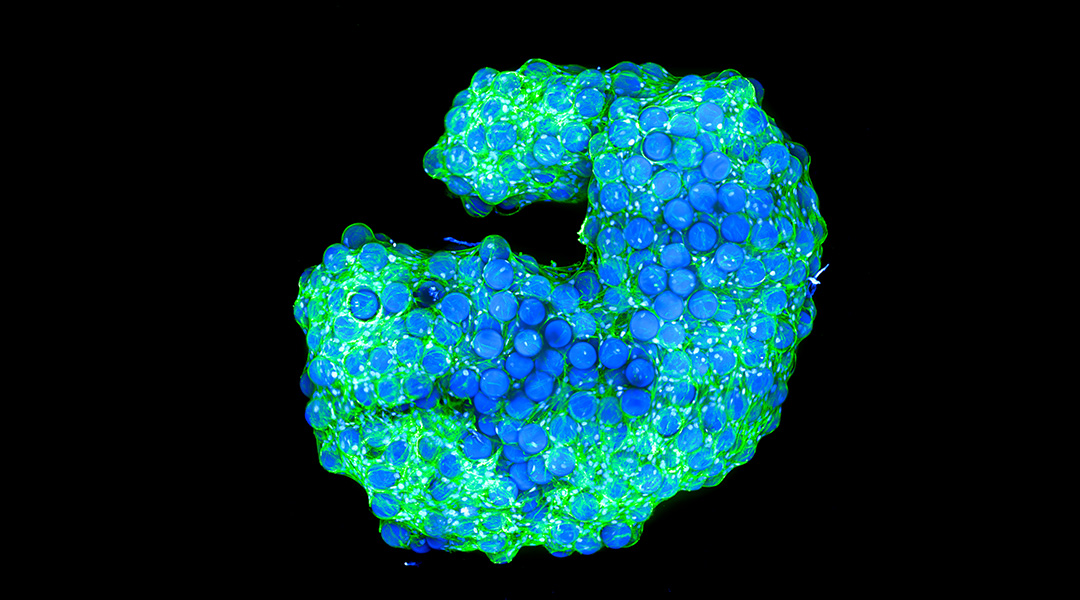
Scientists have created biological structures that when left alone, self-assemble into materials that resemble living tissue.

A self-assembling helix formed from nateglinide, a complementary diabetes treatment, provides a protective coating that could open the door to an oral insulin medication.

Scientists delve into how repairing dysfunctional brain circuits in Parkinson’s can offer another path forward for new treatment strategies.
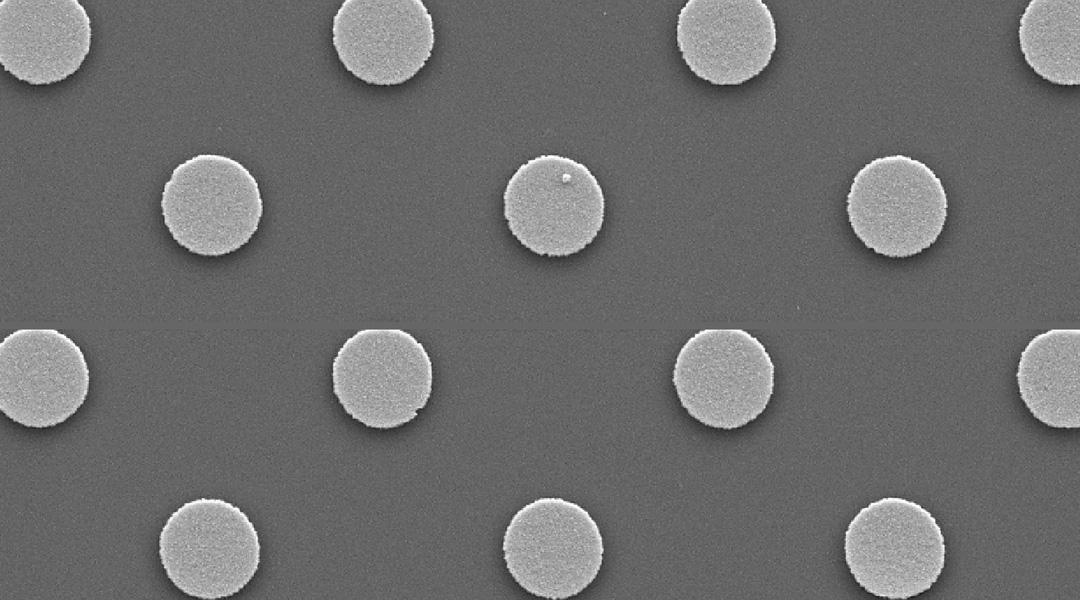
A membrane embedded with magnetic microdisks mechanically stimulates pancreatic cells to produce insulin, which could help treat diabetes.

Researchers demonstrate a technique for reliably coating microneedles with antibacterial agents

A specific epigenetic signature in patients who respond to chemotherapy offers potential to improve treatment.